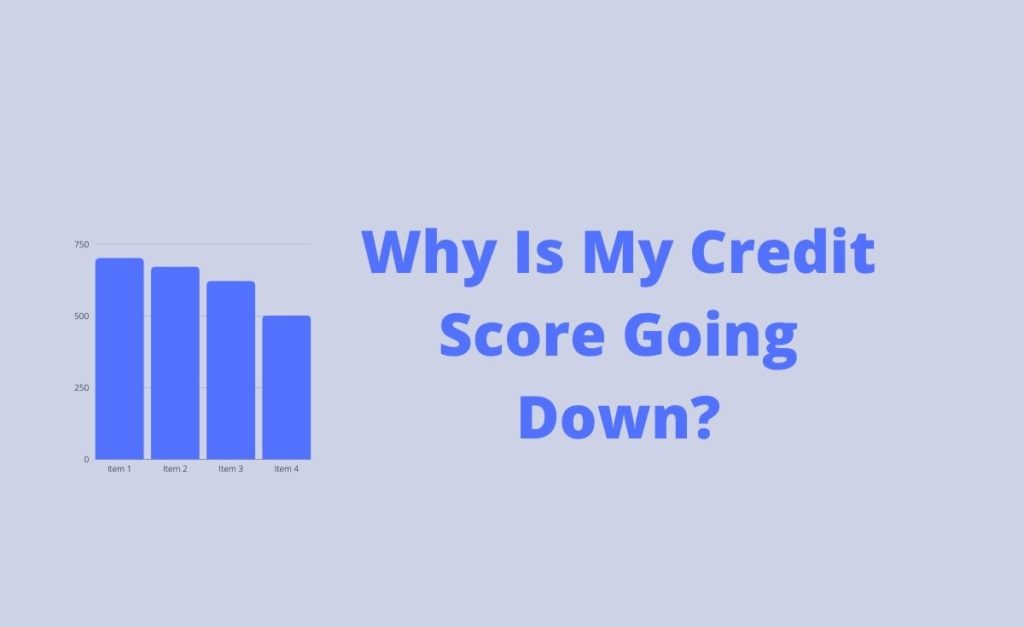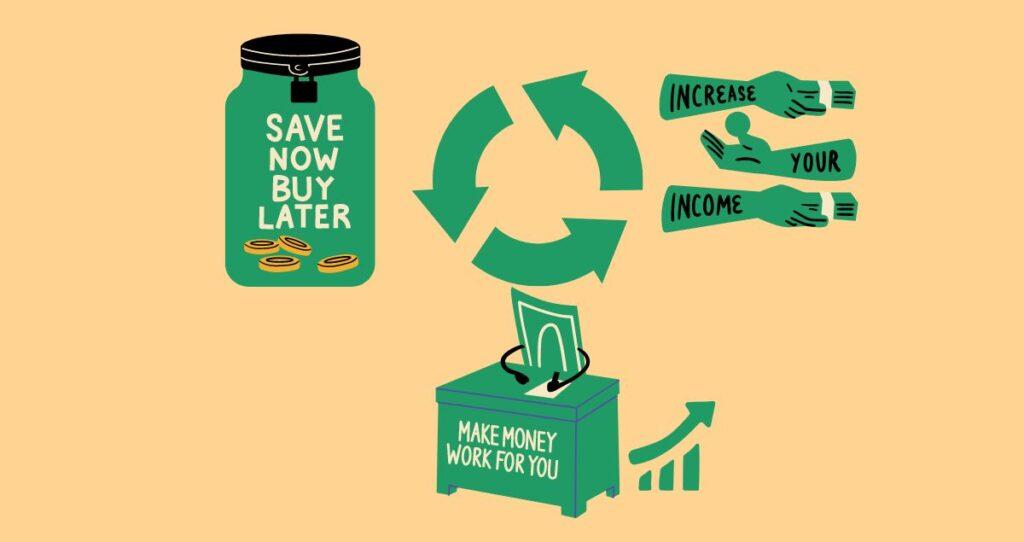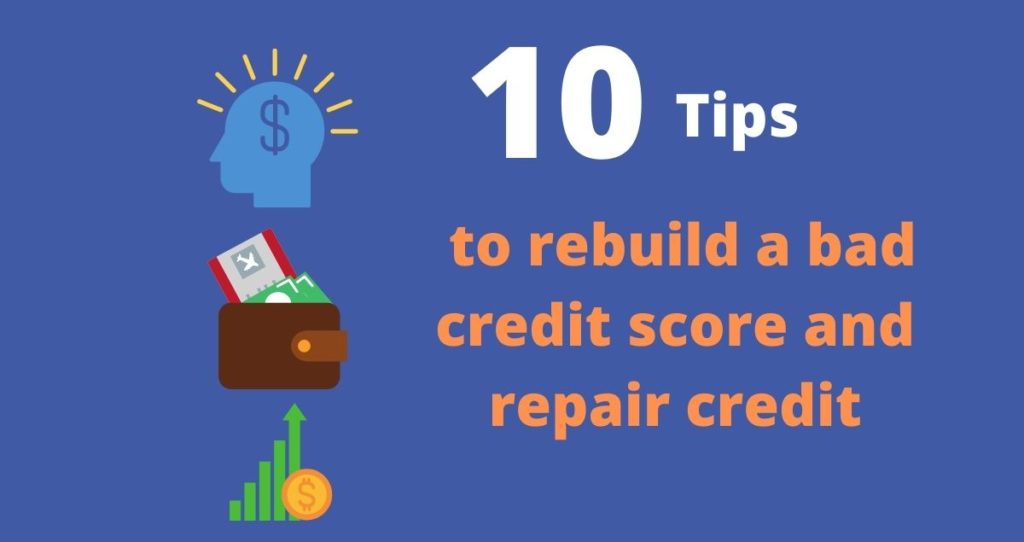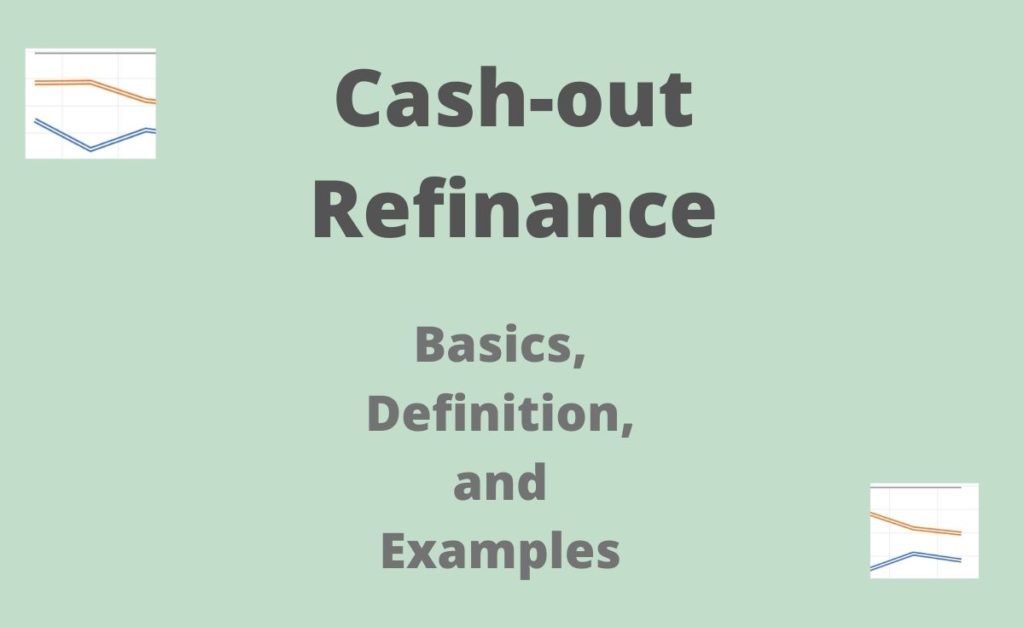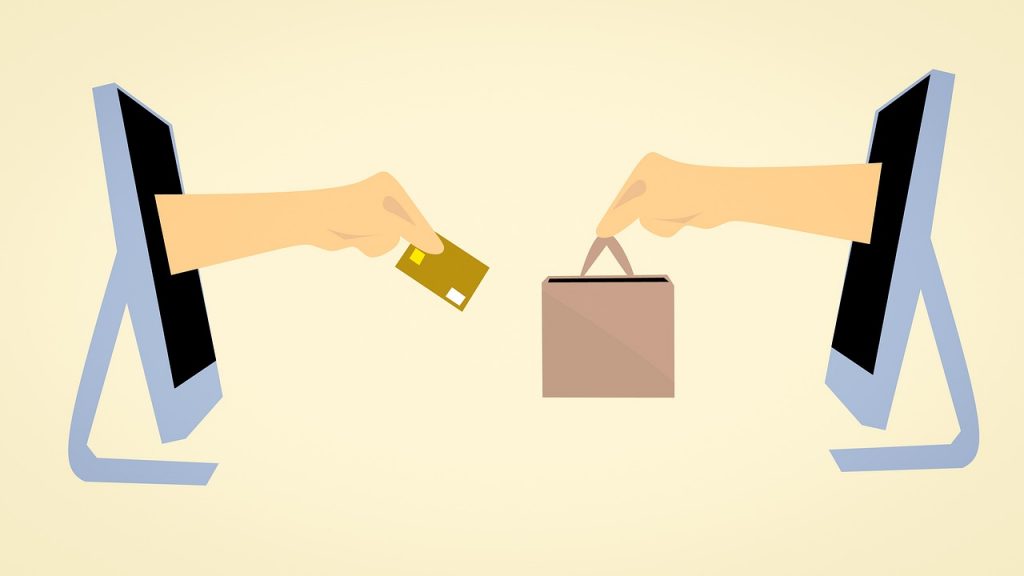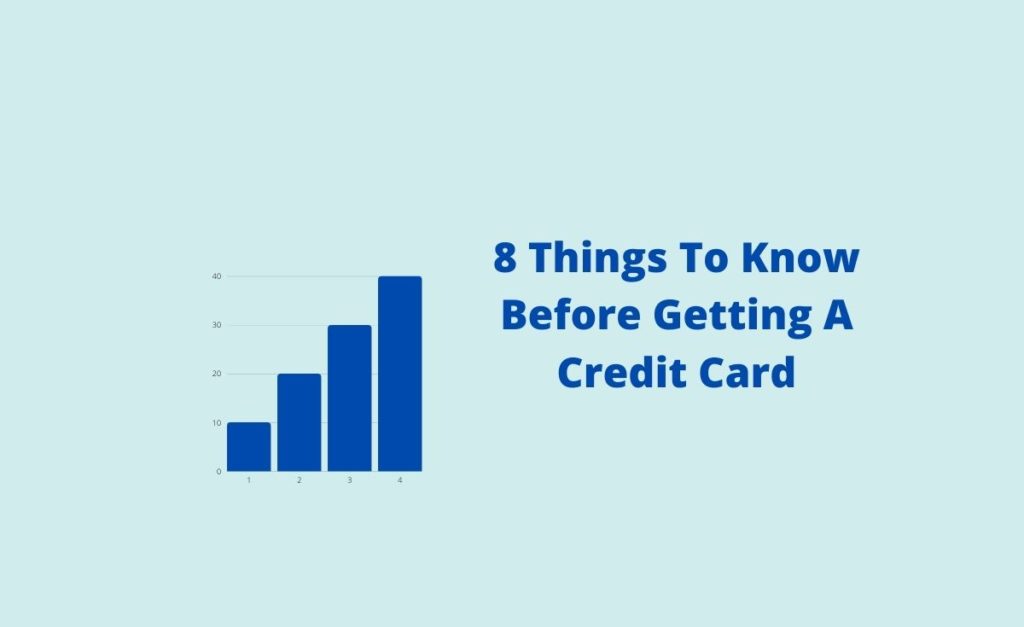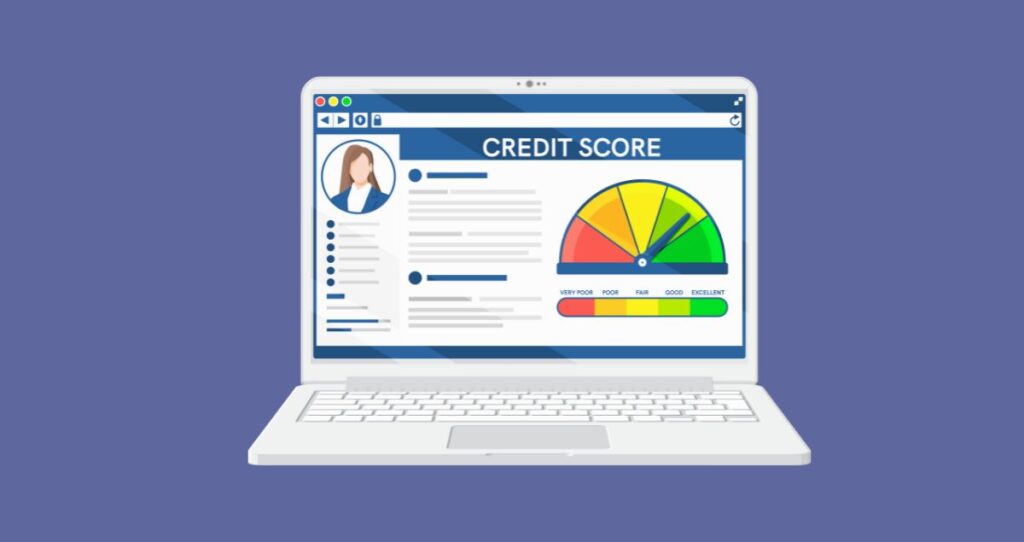Have you been seeing your credit score going down and have no idea why? Your credit score is a number that ranges from 300-850 on the credit score chart. This number represents your financial history, and therefore, gets affected by money decisions you make every day.
Moneylenders use this score to assess your creditworthiness. That is it helps creditors to evaluate how risky it is to lend you money. The lower your credit score, the riskier it will be to lend you money. Borrowers with bad credit scores get denied credit. And if they get accepted, they pay a high-interest rate on the loan.
There are many reasons your credit score can go down. Some of these reasons can briefly affect the score whereas others can affect for a long time.
The question is how do you know what is brining your credit score down?
In this article, you are going to learn about 8 reasons your credit score is going down.
1. Did you make a late payment?
Payment history is the biggest factor that will impact your credit score. You should always make payments on time and use the amount you can afford to pay off within a payment period.
Also, missed payments will not look good on your credit report.
Would you give your money to a borrower who does not pay on time or skips some payments? We can both agree that the answer is no.
Lenders consider your payment history very seriously. Regardless of how much money you make, if you can’t pay them back, then you are the riskiest borrower they can have. This is why the payment history is the biggest factor that affects your credit score.
If your credit score is going down, it is likely that you recently missed a payment(s).
Related: How Does Payment History Affect Credit Score?
2. Mistake made in your credit report
There are times when mistakes will appear in your credit report. False information in your report will still affect your credit score.
If you see that your score is going down and don’t know why, request a copy of your credit report.
You can have a free copy of your credit report once a year from one of the three credit reporting companies (Equifax, TransUnion, Experian).
You can then analyze all information reported in your report. Should you find errors in your report? You can dispute these errors and have them corrected.
To learn more about credit report errors dispute, use the following article.
Related: Credit Report Overview
3. Your credit score is going down due to a foreclosure
When you get a mortgage and can no longer afford to make your mortgage payments, the mortgage lender will take the house into their possession. The house will then be sold in an auction as the lender tries to recover his money.
A foreclosure is a confirmation of your inability to handle debt. As a result, you will lose a lot of points on your credit score.
If your credit score is going down, it is more likely from your foreclosure.
4. Your credit score is going down due to a bankruptcy
Did you have bankruptcy? A bankruptcy looks really bad to lenders. No lender will want to give their money to a borrower who will end up bankrupt.
A bankruptcy is a direct indication that you are a risky borrower, and therefore, it will negatively affect your credit score.
5. You recently applied for credit
Your credit score is going down because you applied for another credit card or other form of debt such as a mortgage or loan.
Before a lender approves you for a mortgage or a loan, he/she will run a hard pull on your credit report. That is he will request to view your credit profile check if you are qualified for the money and how much you will pay in interest.
A hard pull will affect your credit score. However, its effect will fade away over time until it can no longer affect your score. Your credit score will also rebound if you do not have other activities that can further reduce it.
If you are a risky borrower (you have a bad credit score), you could be denied a loan or approved for a hefty interest rate. In order words, the lender will balance the risk they are taking on you with a high-interest rate.
Related: How Long Do Hard Inquiries Stay On A Credit Report?
6. You maxed out on your credit limit
Your credit score is going down because you maxed out your credit limit. Are you using your credit cards excessively or faster than you are paying them off? If so, this will affect your credit score.
Your credit limit is the amount your credit card provider allows you to spend on the card. Once you spent all of it, you must pay some of it before using the card again. This is why credit card debts are considered revolving.
Using all your limit sends a bad impression to moneylenders. That is you are not financially stable and you rely on credit to cover your expenses. As a result, you are a risky borrower.
For this reason, your credit score will go down.
7. Your credit score is going down due to a closed credit card account
Did you recently close a credit card account? Closing a credit card account can increase your credit utilization. For example, let’s say that you have 3 credit cards with $1,000 in credit limit each. Your total credit limit, in this case, is $3,000.
Before canceling your credit card, you have used 50% ($1,500) of your total credit limit. Then, you decided to cancel one credit card. After canceling one credit card, your new credit limit will be $2,000.
Your new credit utilization based on the updated limit is no longer 50%. Instead, your credit utilization is 75%. That is your credit utilization jumped from 50% to 75%. An increased credit utilization will affect your credit score.
8. You no longer have a credit mix
Moneylenders see you as a great credit handler if you can manage credits of all kinds. That is you have installment credits such as loans, mortgages, and revolving credits such as credit cards and similar debts.
Your credit score gets a boost if you can handle well these credits.
What if you recently paid off your mortgage and have no other installments debts?
In this case, your credit mix will be affected. In other words, you no longer have a good credit mix since your installment credits are fully paid off. This in turn could affect your credit score.
